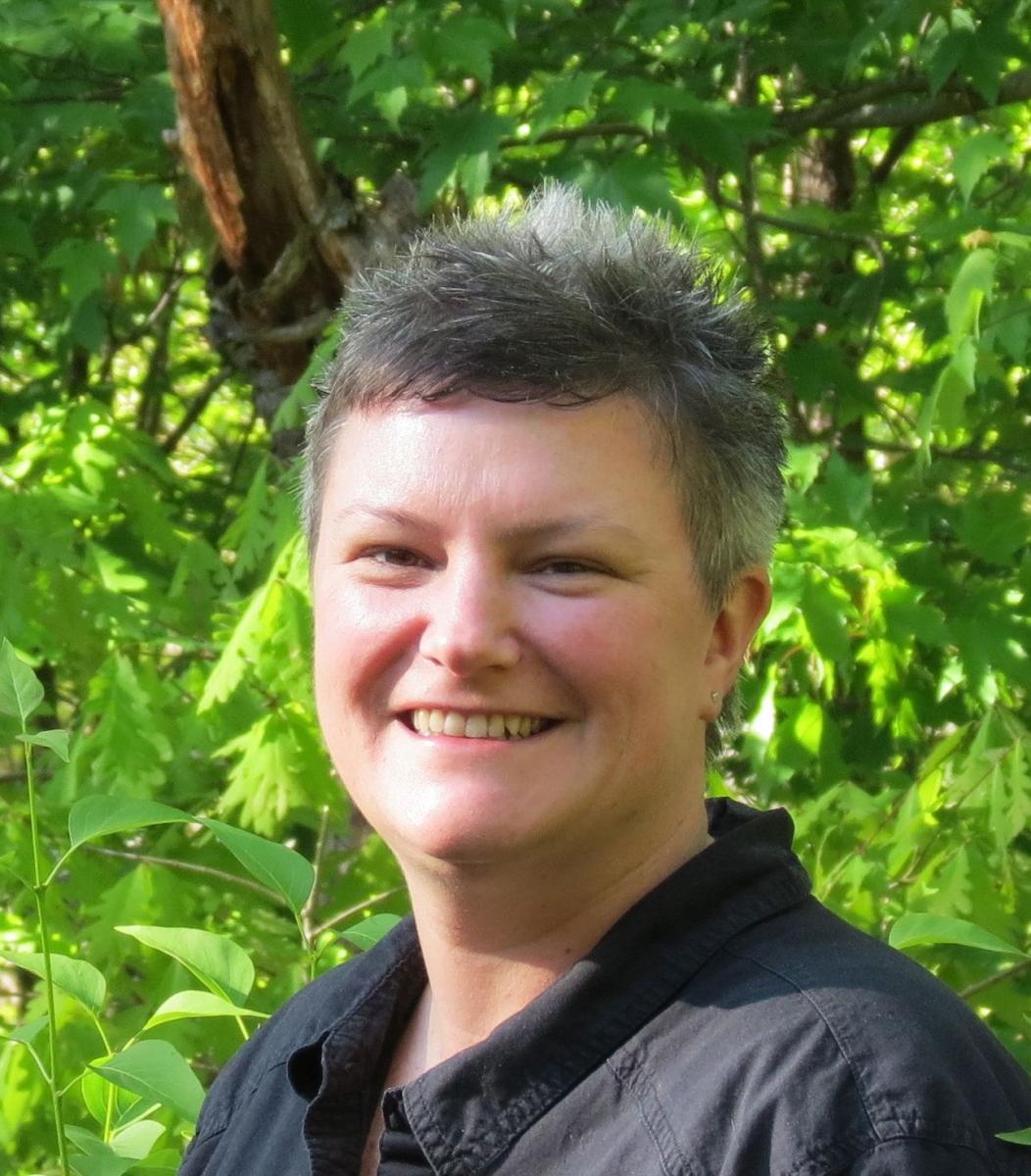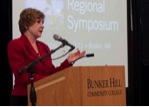US National Climate Assessment Released
Today, the Third U.S. National Climate Assessment (NCA) report was released in Washington DC and will be followed by a White House event this afternoon.
The report has been in production for several years and represents the most comprehensive and rigorous assessment ever produced of climate science, impacts (now and in the future), and options for the U.S. This remarkable effort is the work of 60 members of a Federal Advisory Committee, 240 authors, and hundreds of reviewers – all representing expertise from government, academia, NGOs, and business. The report covers 8 regions of the U.S. as well as sectors such as transportation, energy, water, and many more critical areas of the U.S. economy.
The full report as well as highlights documents can be found at http://nca2014.globalchange.gov
The report illustrates that climate impacts are being felt across all areas of the U.S. and are increasingly evident in the present. Impacts are expected to increase in the future. Many Americans are already experiencing the effects of climate change, and are considering how to respond. While some progress is being made with respect to reducing the causes of change (mitigation) as well as reducing the vulnerability of society to impacts (adaptation), the NCA indicates that there is much more work to be done - progress so far has been largely incremental. In addition to capturing the potential severity of climate impacts, the report highlights both the need and the opportunity of addressing climate change.
- Read more about US National Climate Assessment Released
- Add new comment


 Second Nature
Second Nature

